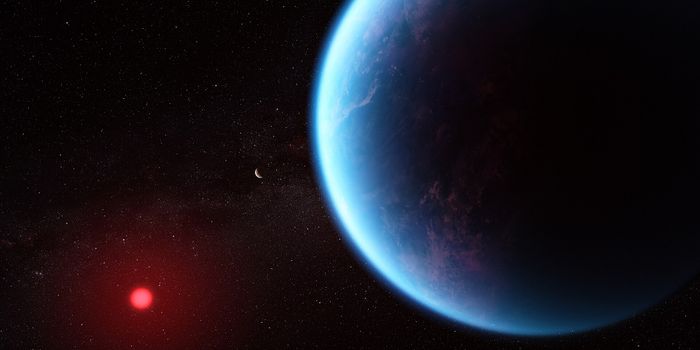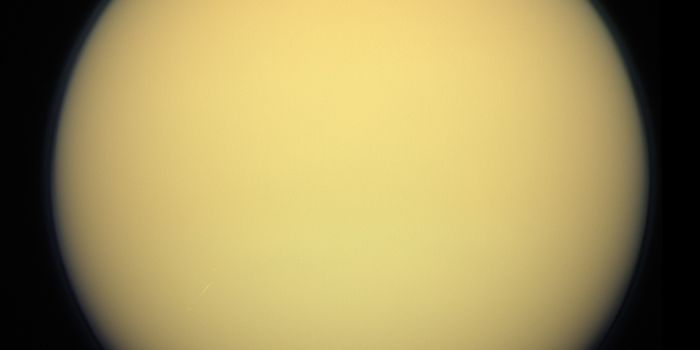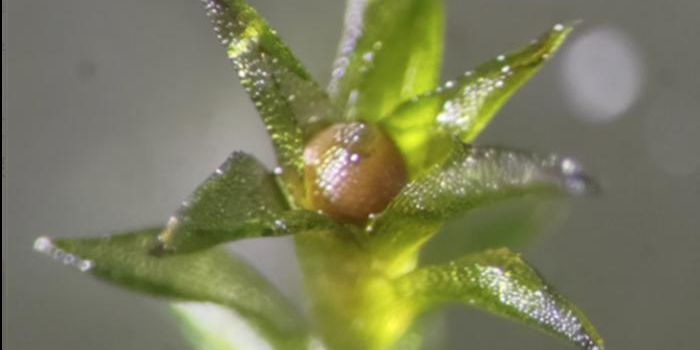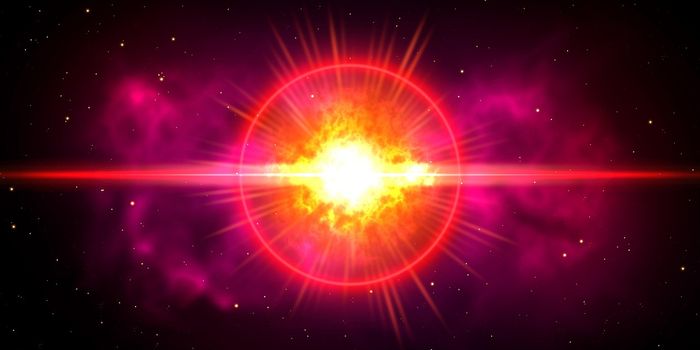Mars Astronauts May Have Twice the Cancer Risk Than Previously Believed
If we ever put astronauts on Mars, we’ll need to be careful in doing so, planning every little detail for their safety. Not only is it unexplored territory, but Mars is barren, dry, and lifeless because of the planet’s poor atmosphere and weak magnetic field, both of which need to be just right to sustain life.
Image Credit: Aynur_zakirov/Pixabay
Lacking a robust atmosphere and a strong magnetic field like the Earth has, Mars is bombarded by significantly more solar radiation from our Sun, but also from cosmic radiation from sources all over the universe. This means the planet is more dangerous and astronauts will need artificial protection against this radiation.
The concerns are considered in a new study published in Scientific Reports, in which researchers from the University of Nevada, Las Vegas say astronauts on Mars will have almost double the risk than originally thought of developing cancer while exploring the high-radiation environment.
They came to this conclusion after studying tumors in lab mice in a non-targeted model. They found that the cancerous cells can actually impose a domino effect on surrounding cells, a key detail that has been left out of many other major studies in the field.
Related: SpaceX is already testing its Raptor engine, perfect for traveling to Mars
Moreover, the radiation can also impact other parts of an astronaut’s health that are necessary for normal bodily functions like their circulatory and central nervous systems, just to name a couple.
“Exploring Mars will require missions of 900 days or longer and includes more than one year in deep space where exposures to all energies of galactic cosmic ray heavy ions are unavoidable,” Francis Cucinotta, a scientist at UNLV, explained. “Current levels of radiation shielding would, at best, modestly decrease the exposure risks.”
It’s possible to compensate for some of these health issues with daily medication and radiation shielding, but it’s still worth some additional research to ensure we get the data right the first time.
Related: NASA is being rushed to come up with a Mars habitation prototype by 2018
After all, radiation shielding only helps take care of some of the radiation that astronauts will face; not all. This means they’re exposed to heavier ions like that of iron and titanium, which can significantly damage cells and DNA, leaving mutations to run rampant.
Related: Here's why Mars has a blue sunset despite being a red planet
“Galactic cosmic ray exposure can devastate a cell’s nucleus and cause mutations that can result in cancers,” Cucinotta continued. “We learned the damaged cells send signals to the surrounding, unaffected cells and likely modify the tissues’ microenvironments. Those signals seem to inspire the healthy cells to mutate, thereby causing additional tumors or cancers.”
In order to ensure that our astronauts will be safe and can return home without significant health problems, the researchers call for more extensive health research into how cosmic rays will affect human tissues.
This will be a difficult process considering we have absolutely no data yet and our willpower to go to Mars within just a few more decades continues to grow; nevertheless, we can’t ethically put humans in a potentially-dangerous environment without the proper gear and a proper understanding of long-term effects.
It should be interesting to see how NASA intends to deal with these complications and whether or not we’ll actually still be going to Mars considering the health drawbacks that continue to be unveiled.
Source: University of Nevada, Las Vegas









